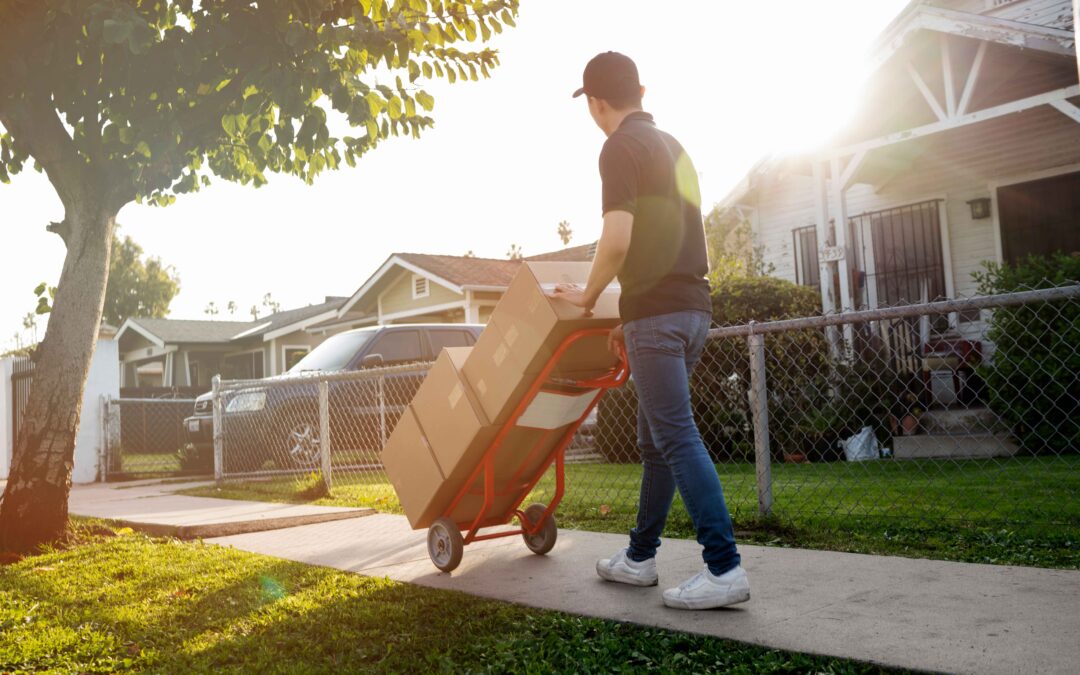Relocating to a new state is a significant life transition that requires thoughtful planning. To ensure a smooth move, start by creating a detailed timeline, organizing important documents, and researching state-specific regulations. It’s also important to budget carefully, choose a home that meets your needs, and plan ahead for setting up utilities. Don’t forget to update your personal documents and invest time in settling into your new community. With these steps, you’ll be prepared to embrace this exciting chapter. Whether working with local movers or managing the process yourself, being organized is key to success.
Planning Your Move
Thorough planning is essential for a seamless move to a new state. Create a comprehensive timeline to track tasks like packing, hiring movers, and setting up utilities. Research the new state’s requirements for updating documents such as driver’s licenses, car registrations, and voter records. Compile a checklist for other documents that need an address update, including bank accounts, insurance policies, and subscriptions. Declutter and organize your belongings before packing to simplify the process and save time. If you need assistance with logistics or heavy lifting, consulting movers near me can help streamline the transition. Allocate funds for unexpected expenses and consider setting aside a small emergency budget to handle surprises during the move.
Finding a New Home
Choosing the right home in a new state involves research and careful consideration. Here are some factors to guide your decision:
- Budget: Set a clear spending limit to narrow your options and avoid financial strain.
- Location: Prioritize proximity to essential amenities such as schools, grocery stores, and medical facilities, as well as commute times to work.
- Safety: Research neighborhood crime statistics and safety records to make an informed choice.
- Future Plans: Select a home that aligns with your long-term goals, whether starting a family, advancing your career, or enjoying retirement.
Handling Utilities and Services
Setting up utilities in a new state is critical in ensuring comfort and convenience. Start by contacting local utility providers to arrange electricity, water, gas, internet, and waste management services. Compare providers to find the best deals and understand payment schedules to avoid surprises. Familiarize yourself with recycling programs or other community-specific services available in your area. Schedule service installations in advance to ensure everything is ready when you arrive. Taking these steps will make your transition to a new home much smoother.
Updating Important Documents
Timely updates to your documents are essential for compliance with your new state’s regulations. Focus on these priorities:
- Driver’s License: Visit the Department of Motor Vehicles (DMV) to update your license within the required timeframe.
- Vehicle Registration: Transfer your vehicle registration to the new state to stay compliant.
- Voter Registration: Update your voter information to participate in local and national elections.
- Insurance Policies: Notify your insurance providers of your new address to ensure continued coverage.
By addressing these updates promptly, you’ll avoid potential delays or complications.
Settling Into Your New Community
Adjusting to your new community is an important part of feeling at home. Start by attending local events, joining clubs, or participating in neighborhood activities. These connections can help you make friends and gain valuable insights into your surroundings. Explore the area by visiting restaurants, parks, and attractions to familiarize yourself with what your new home offers. Establishing relationships with local businesses, like gyms or grocery stores, can also help create a sense of belonging. Volunteering in community initiatives is another excellent way to meet people and contribute positively to your new environment. The sooner you engage with your community, the quicker you feel integrated and at ease.
Other Moving Articles:
